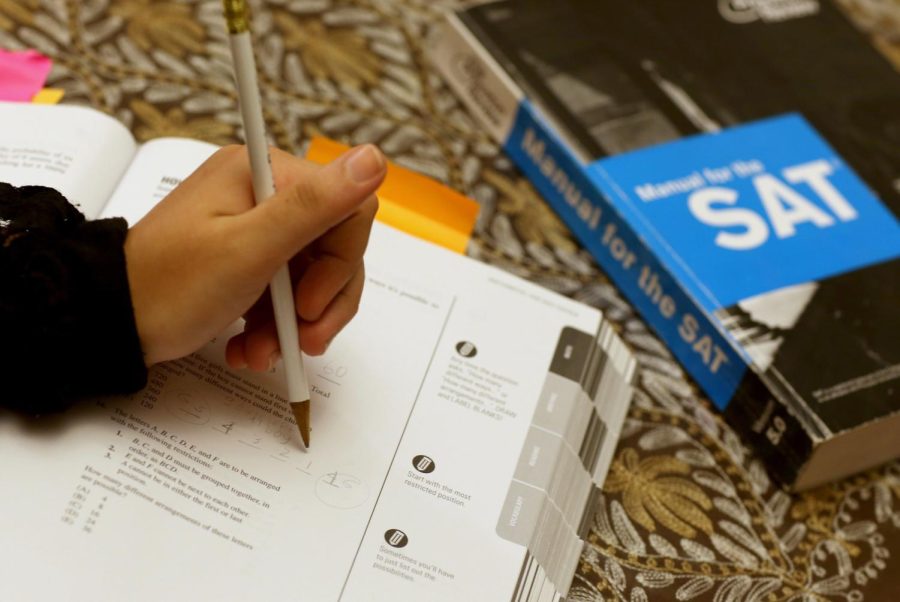Standardized Tests Should Be Optional
For high school students across the nation, the end of October and beginning of November mark an important time of year. As the weather cools – with leaves changing color and pumpkin spice flavoring seemingly ubiquitous – upperclassmen are taking or submitting their ACT or SAT scores for college applications.
Over the last year, many schools have made these tests optional given the educational and emotional impact of the pandemic. But the relevance and import of standardized tests has long been controversial. According to the New York Times, more than 1,230 colleges and universities have made the SAT and ACT optional for admission in the last decade.
Those in favor of keeping the tests believe they level the playing field. They say the exams are accurate assessments of students ability across the board and should remain fixtures of the college application process. They feel getting rid of the tests would mean revising the whole mechanism for admissions. Admissions officers would have to be retrained and the application process would need to be redesigned.
Proponents of change claim the tests are far from equitable and only benefit privileged students who can afford to hire tutors or enroll in classes to teach them how to improve their test scores. In addition, they argue that teacher recommendations and high school performance over time are better representations of a student’s academic abilities and anticipated success in college than a single standardized test score.
The solution is pronounced and indisputable. The SAT and the ACT should no longer be required.
If a student believes their scores will be an asset to their application, they should have the ability to submit them. But if a student does not feel the ACT or SAT is an accurate reflection of their intelligence or ability, they should have the option to refrain from submitting the scores without penalty and highlight other aspects of their application.
Standardized tests do not level the playing field. We all come from different backgrounds, life experiences and living situations. As varied as our individual strengths and weaknesses or likes and dislikes may be, the same can be said about the way in which we learn and perform. Some people are auditory learners. Some are visual learners. Some students prefer to write term papers, others would rather take a test, and others would choose to give an in-class presentation. We all excel in different ways and in different settings.
When it comes to college applications, students should be able to put their best foot forward — however that may be. SAT and ACT tests should be a choice, not a requirement.







